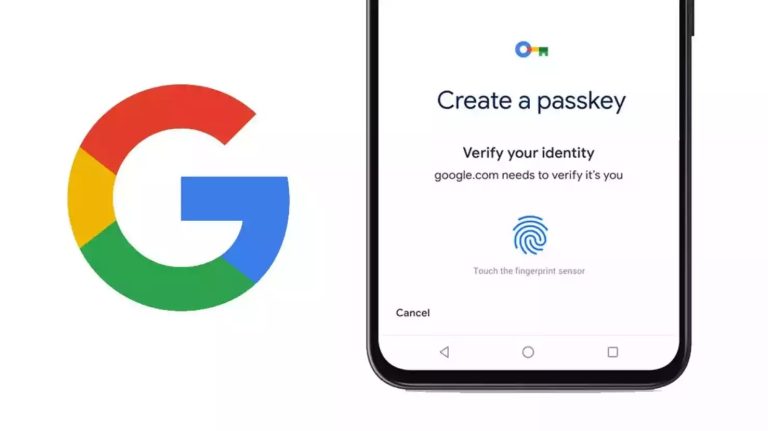UK Lawmakers: Facebook, Google Responsible for Online Scam Advertisements, Cyberflashing

A cross-party group of British lawmakers has said that Google, Facebook, and other online services should be held legally accountable for advertisements on their platforms in order to prevent fraudsters from duping millions of consumers.
Britain has proposed a landmark online safety law to punish abuses such as child pornography, racism, and violence against women, but a joint committee of lawmakers from both houses of parliament said on Tuesday that it should go a step further to include paid advertisements.
“By excluding paid-for advertising, service providers will have little incentive to remove harmful advertisements, risking encouraging further proliferation of such content,” according to the joint committee report.
The Financial Conduct Authority also wants to include advertisements on social media and search engines, which are currently excluded from the draft law, after GBP 754 million was stolen from consumers in the first six months of this year.
The report also supported a Law Commission recommendation to make cyberflashing, or the unsolicited sending of obscene images or video recordings, which is frequently used in sexual harassment, illegal.
The draft law is set to be approved in 2022, and the government has two months to decide whether it will support the recommendation, as well as several others that lawmakers say are required to “call time on the Wild West online.”
“Big tech’s era of self-regulation has come to an end. Companies are clearly responsible for the services they design and profit from, and they must be held accountable for the decisions they make “Damian Collins, the joint committee’s chairman, stated.
According to the report, the United Kingdom’s communications regulator, Ofcom, should develop mandatory codes of practice for internet service providers.
It added that there must be “robust protections” for free expression, including an automatic exemption for recognized news publishers. Last month, Britain’s financial services minister, John Glen, said he was “very sympathetic” to including online advertisements in the bill or taking similar action.
The FCA spent GBP 600,000 on Google to warn about scam advertisements, but the online giant has since stated that it will only accept advertisements from firms regulated by the FCA, and has offered the regulator a $3 million credit.
“Without a decisive response from the government and tech behemoths, many more individuals will sadly fall victim to these scammers,” said Mel Stride, chair of parliament’s treasury committee, which supports the recommendation to assist in the removal of fraudulent online advertisements.







